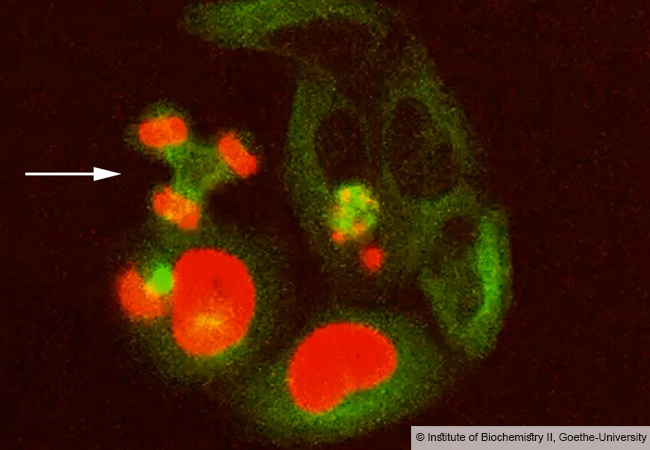
A broken DNA repair tool accelerates aging
Goethe University-led study reveals how mutations in the repair enzyme SPRTN trigger inflammation and premature ageing – new insight into

Goethe University-led study reveals how mutations in the repair enzyme SPRTN trigger inflammation and premature ageing – new insight into
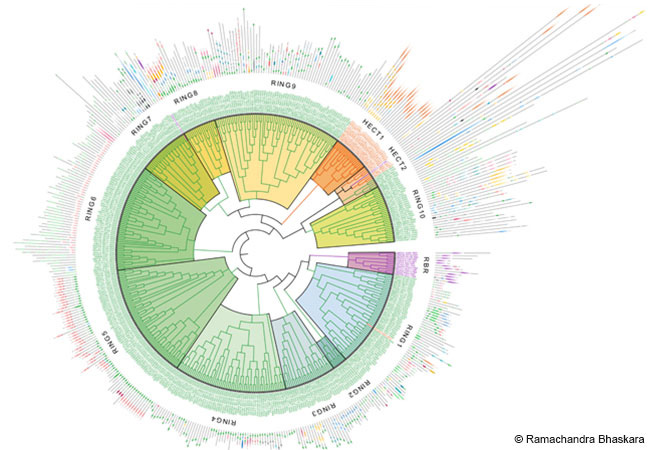
Research team at Goethe University Frankfurt classifies all human E3 ligases – New opportunities for targeted protein degradation therapies Cells
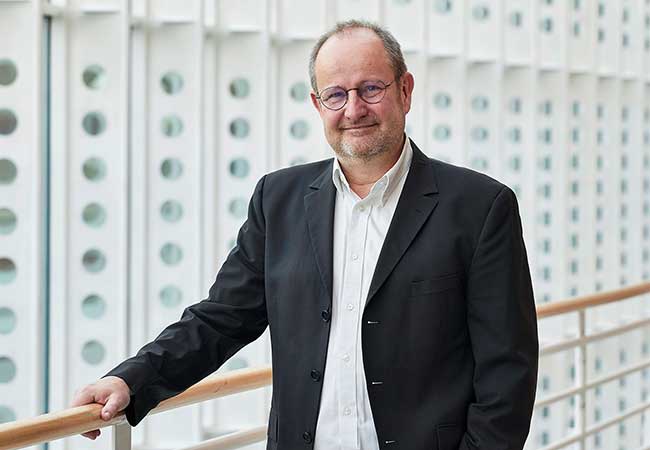
The Council of the European network for structural biology research infrastructure, Instruct-ERIC, has re-elected Professor Harald Schwalbe from Goethe University
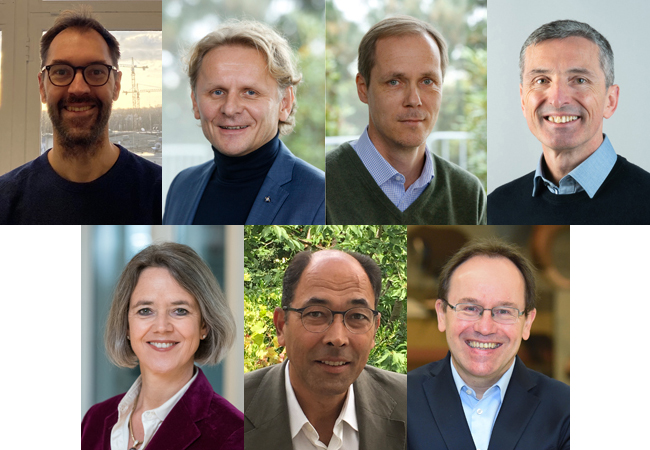
Global study’s ranking includes the one percent of scientists cited most frequently in scientific journals. Seven of the 6,900 most
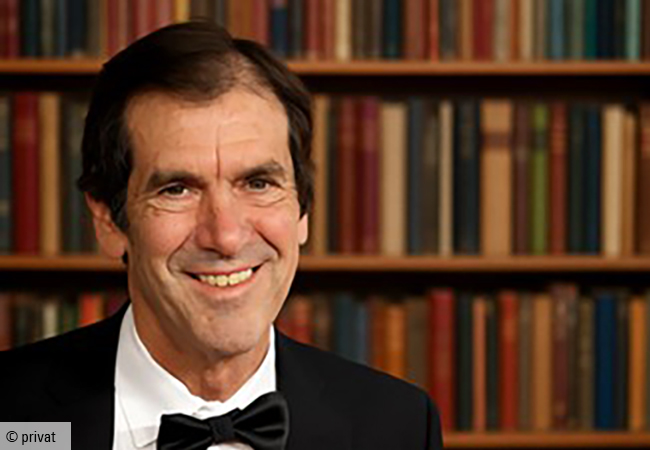
Prof. Dr. Raymond Deshaies from the California Institute of Technology (U.S.A.) will assume the Friedrich Merz Visiting Fellowship in 2025.
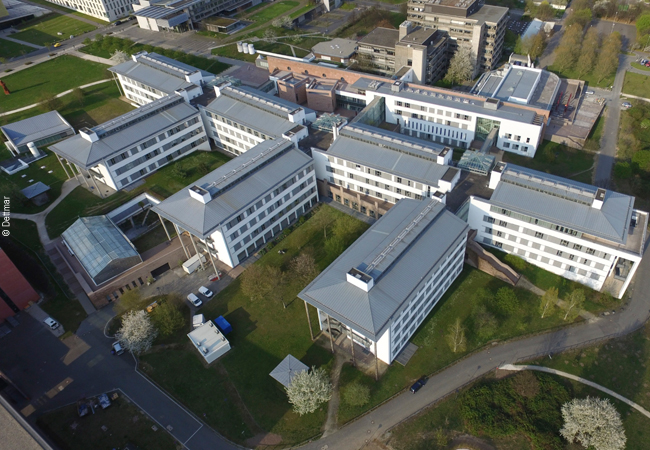
With its launch at Goethe University Frankfurt, Germany joins Instruct-ERIC to make cutting-edge technologies freely available to researchers across Europe.

Biochemist Dr. Rana Hussein Ali has received the “For Women in Science” award, worth € 25,000, for her pioneering research

New research projects at Goethe University are investigating the reasons for the extinction of prehistoric shark species and developing a

RNA researchers Prof. Stefanie Kaiser from Goethe University Frankfurt and Dr. Eva Kowalinski from EMBL in Grenoble, France, have been

Goethe University and Frankfurter Sparkasse Foundation’s 1822 University Prize for Excellence in Teaching goes to a medical doctor, a Romance

Researchers at Goethe University, Johannes Gutenberg University Mainz and Kiel University discover possible method for preventing protein aggregates – Cluster4Future
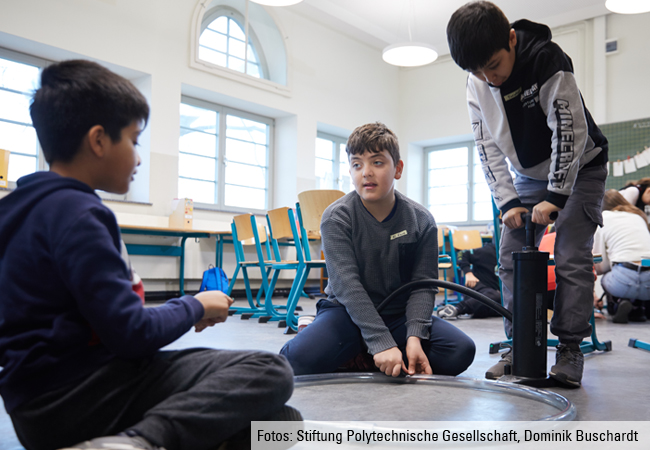
Children discover the fascinating world of science: the “Junge Forscher” (“Young Scientists”) project of the Polytechnic Foundation of Frankfurt am
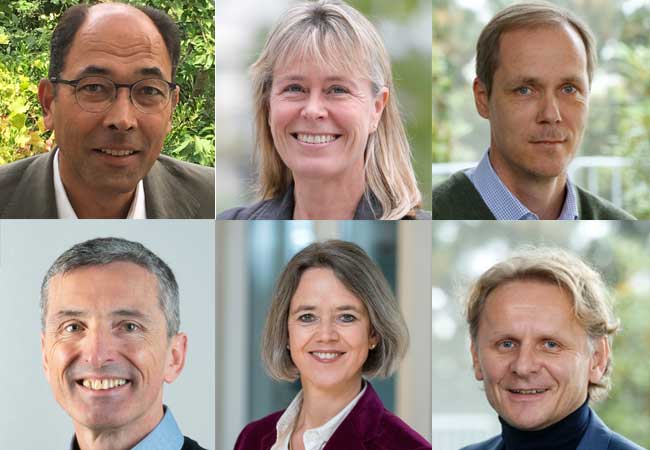
Global study’s ranking includes the one percent of scientists cited most frequently in scientific journals Six of the 6,600 most
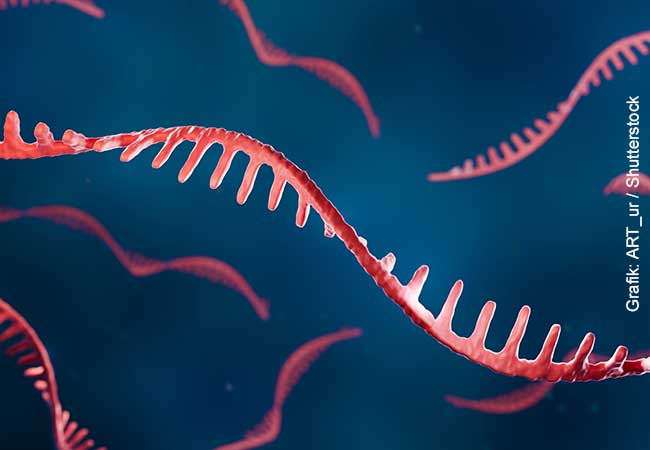
An international research team has uncovered a new mechanism crucial to the production of cellular proteins. When this mechanism is
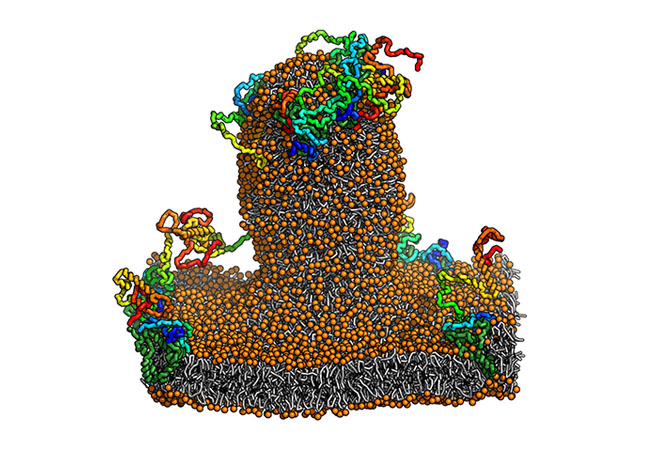
Newly discovered mechanism helps detach and recycle parts of cellular canal membranes as needed – models developed using supercomputer simulations.
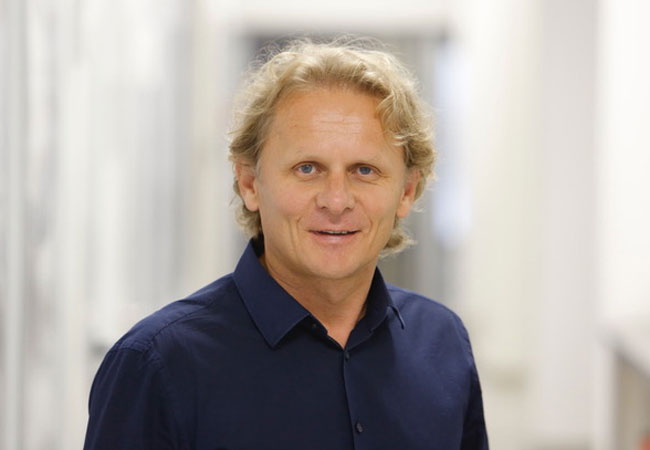
Hessian state program provides €3 million in funding for LOEWE top professorship at Goethe University Frankfurt Prof. Ivan Đikić, an
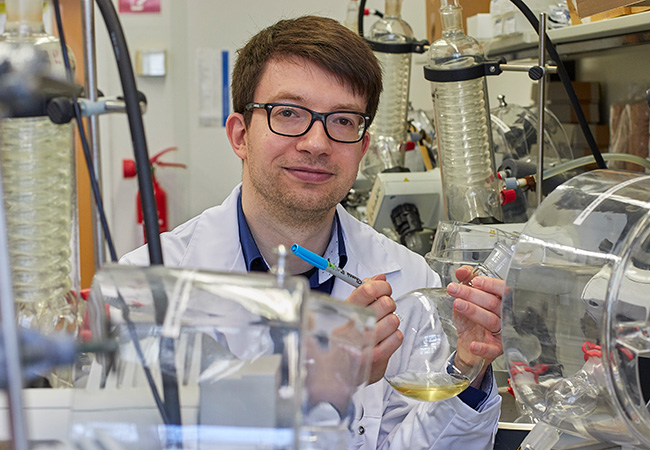
Artificial intelligence aids the discovery of new active substances in bacteria Chemical biologist Eric Helfrich, Professor of Natural Substance Genomics
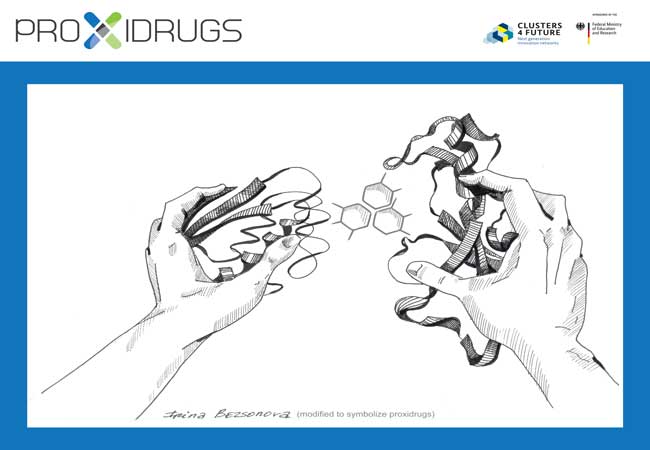
Second implementation phase to start in 2025 – Consortium grows from nine to 21 academic and industry partners – Focus
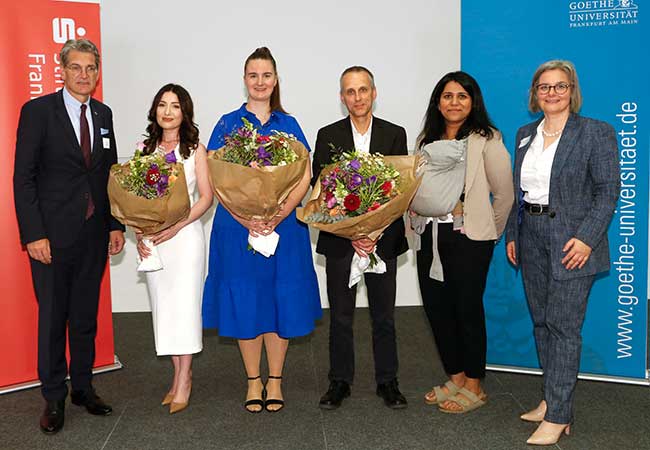
Physicist Prof. Laura Sagunski, linguist Dr. Mariam Kamarauli and biochemist PD. Dr. Rupert Abele are this year’s recipients of the
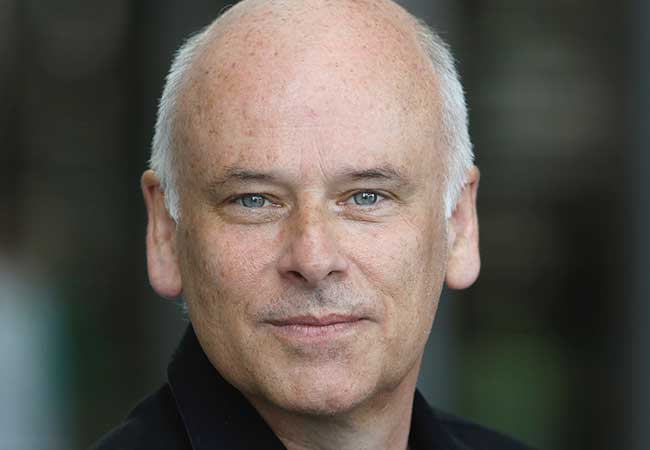
When the human immune system recognizes and attacks infected or abnormal cells, it does so in highly complex, multi-stage processes.
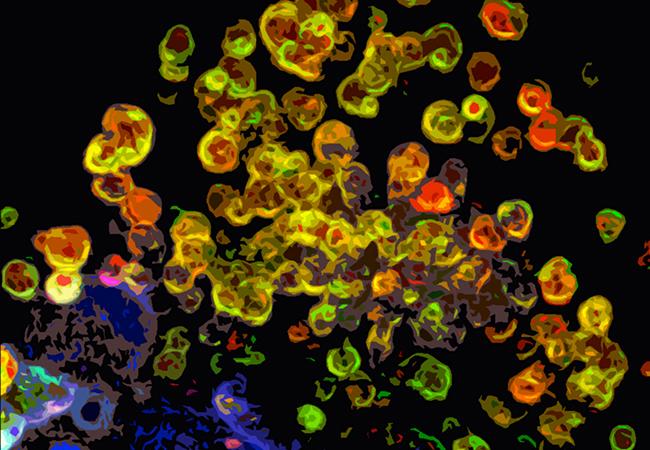
When cancer cells divide uncontrollably, it is because so-called oncoproteins take on a central role in managing the cell division
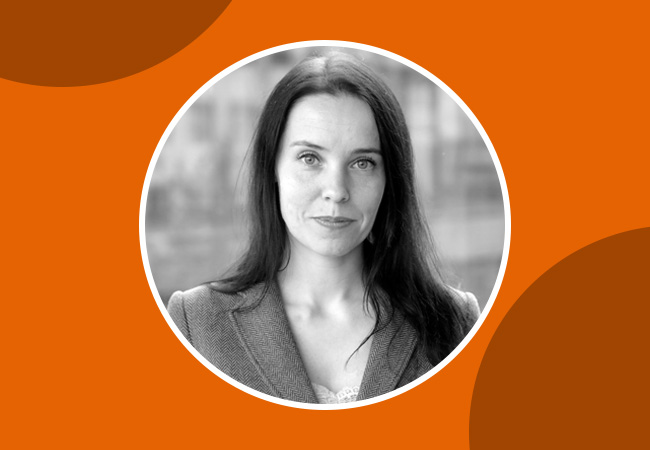
We wanted to know: Why did our scientists want to become scientists in the first place? What are they working

Biophysicist Achilleas Frangakis uses cryo-electron tomography to study the inner life of dangerous bacteria. Acinetobacter baumannii is the name of
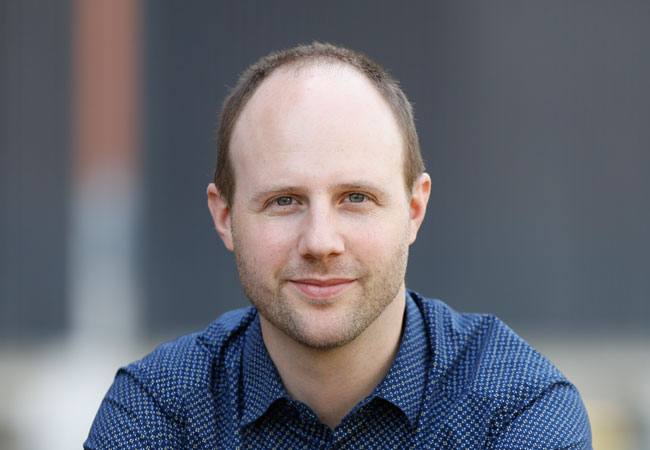
On December 1, 2023, biochemist Dr. Christian Münch took up the Lichtenberg Endowed Professorship for Molecular Systems Medicine – a
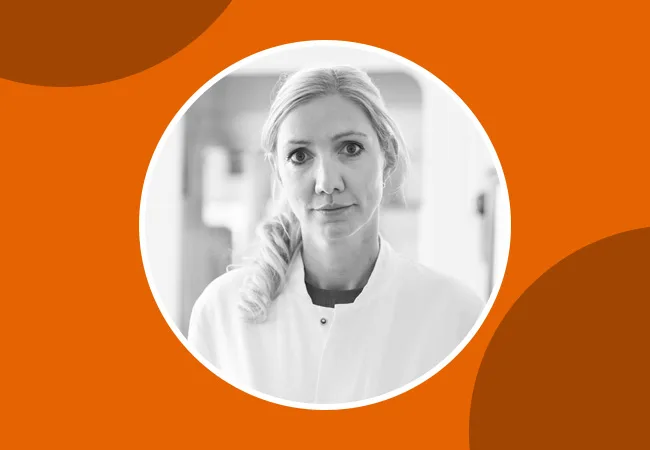
We wanted to know: Why did our scientists want to become scientists in the first place? What are they working
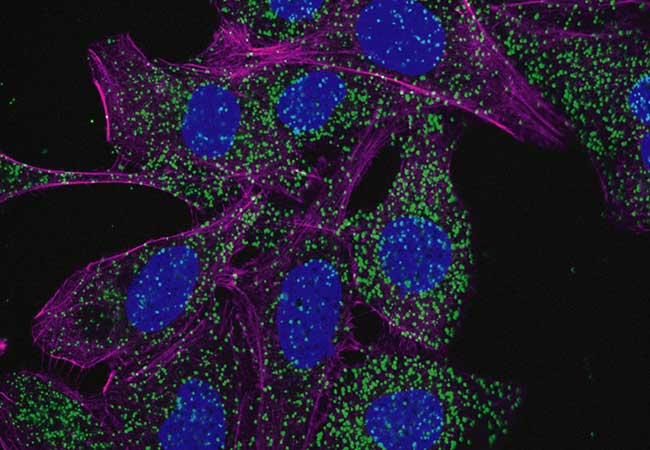
To speed up their growth, leukemia cells typically activate the recycling of cellular structures – enabling them to dispose of

Dr. Christian Münch from Goethe University Frankfurt’s Institute of Biochemistry II has been awarded the European Research Council’s (ERC) prestigious
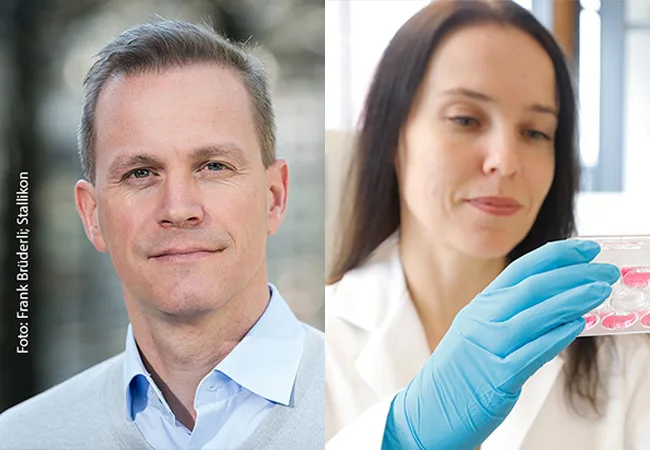
Goethe University Frankfurt is applying for the upcoming round of the Excellence Strategy of the German federal and state governments
You cannot copy content of this page